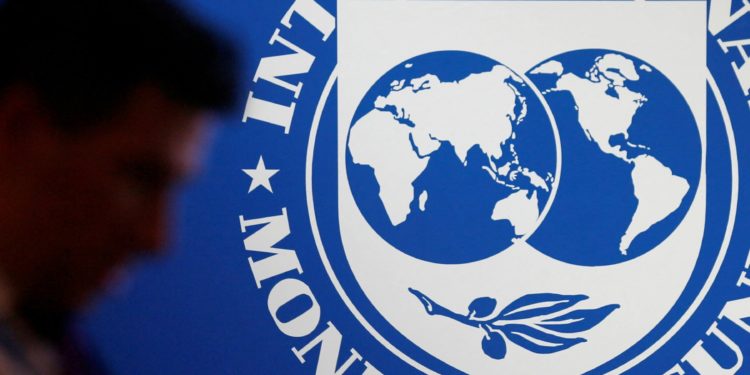Lesotho Urged to Establish Stabilization Fund, Enact Fiscal Rules to Safeguard Resources
Lesotho has been urged by the International Monetary Fund to avoid ambitious spending plans and instead save recent windfall revenues, as the country faces slowing growth and pressure on its key export sectors.
The Fund’s executive board, concluding its latest Article IV consultation, praised the authorities for delivering a larger-than-expected fiscal surplus of 9 per cent of GDP in the 2024 financial year, supported by record Southern African Customs Union (SACU) transfers and higher royalties from the Lesotho Highlands Water Project. Public debt eased to 56.8 per cent of GDP, while inflation fell to 4.4 per cent in May 2025, down from a peak of 8.2 per cent in early 2024.
But the IMF warned that plans to sharply scale up public investment in FY25 were “neither realistic nor advisable”, arguing that limited capacity meant the outlays risked squandering resources without advancing development goals. Instead, it recommended the creation of a stabilization fund underpinned by binding fiscal rules to preserve buffers and support resilience.
The Washington-based lender cautioned that Lesotho’s growth outlook had worsened since last year’s review. GDP growth is forecast to slow to 1.4 per cent in FY25, weighed down by weakening demand for textiles in the US and lower diamond prices. Apparel exports — long a mainstay of the economy — are under threat from uncertainty over US tariffs, though rising shipments to South Africa have offered partial relief.
“Lesotho’s main challenge is to translate its ongoing revenue windfalls into long-term development gains,” the IMF said, adding that inefficient public spending and delayed reforms were undermining the country’s ability to raise per capita incomes.
Directors pressed the authorities to accelerate long-delayed legislation on public financial management, debt management and tax reform, while also strengthening central bank independence and anti-corruption efforts. They noted that fiscal policy should remain prudent in the near term, with social spending better targeted to cushion the impact of donor shortfalls on vulnerable households.
The IMF also highlighted the need for structural reforms to boost competitiveness and unlock private-sector growth. Without decisive action, it warned, the economy is likely to remain stuck at around 1.5 per cent medium-term growth — insufficient to raise living standards in the landlocked kingdom.








